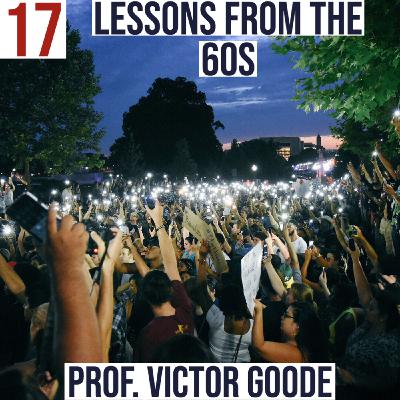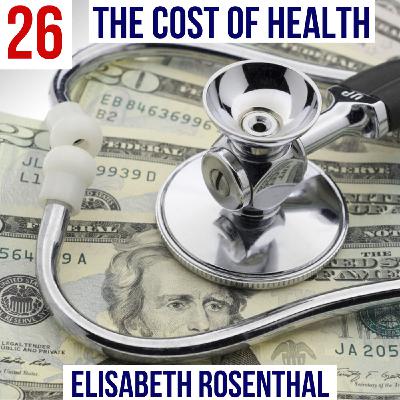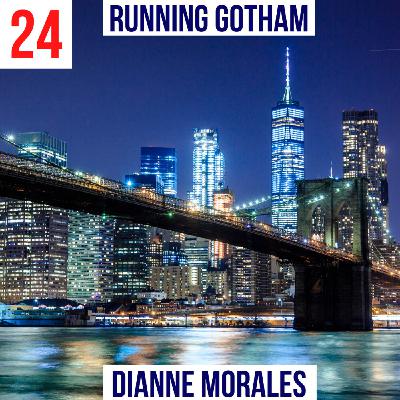#17 - Lessons from the 60s (Part I) with CUNY Law Professor Victor Goode
Description
“If there’s no struggle, there’s no progress. Those who profess to favor freedom and yet depreciate agitation, are people who want crops without plowing the ground; they want rain without thunder and lightning; they want the ocean without the roar of its many waters.
The struggle may be a moral one, or it may be a physical one, or it may be both. But it must be a struggle. Power concedes nothing without a demand. It never did and it never will.”
Frederick Douglass uttered these words over 100 years ago but they remain relevant today.
With protesting occurring on every part of the earth, decades from now, we will reminiscence about this era as one of the most important in American and world history. The only other movements that remotely compare to this one are the Civil Rights and the Anti-Establishment movements of the 1960s.
In this episode, I sit down with CUNY Law Professor Victor Goode to analyze the similarities and differences between what’s happening now and what happened then in the 1960s civil rights and anti-establishment movements.
He teaches a variety of first-year courses and has also taught Housing Discrimination Law, and a seminar on Race and the Law.
Before joining the Law School faculty, he served as Executive Director of the National Conference of Black Lawyers, founded the Affirmative Action Coordinating Center (where he worked on landmark Supreme Court affirmative action cases), and taught in the Urban Legal Studies Program at the City College of New York.
He’s also lectured widely on teaching professional skills and values, and has given Congressional testimony on police misconduct and racially-motivated violence






















